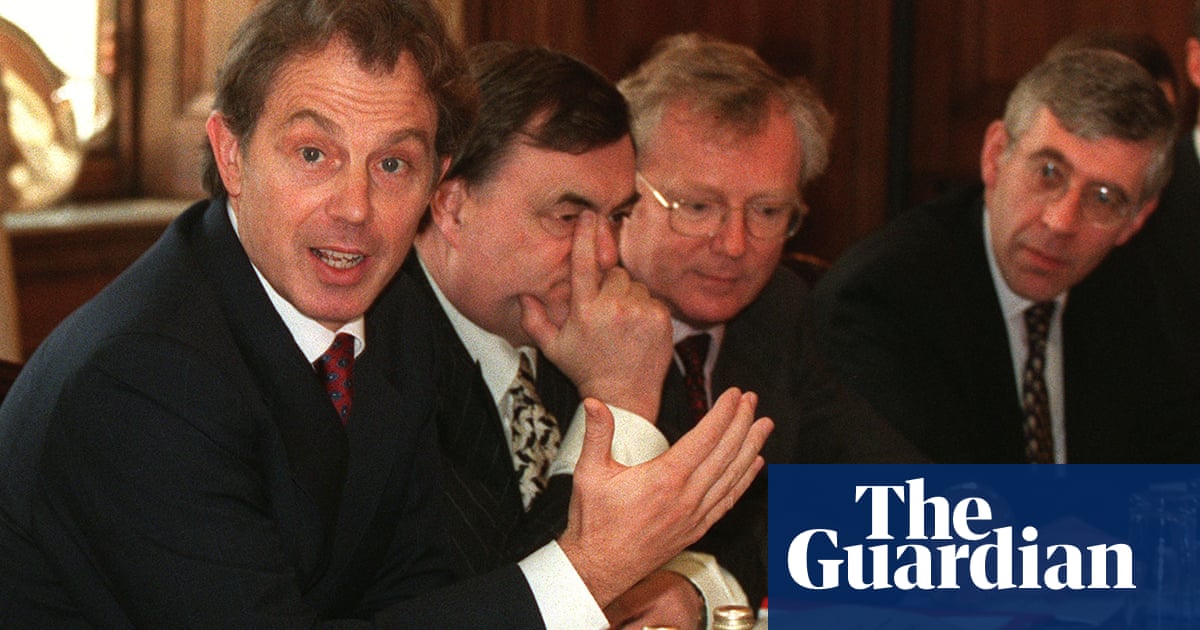The minimum wage has driven up the pay of millions of Britain’s lowest earners by £6,000 a year, making it the single most successful economic policy in a generation, according to a leading thinktank.
Since its introduction in 1999 by Tony Blair’s first Labour administration the policy has secured cross-party agreement, and should be seen as the basis for further improvements in the welfare of low wage workers, the Resolution Foundation said.
The minimum wage will increase on Monday 1 April as it rises from £10.42 to £11.44, in the third-highest annual change in its history – a rise of 9.8% in cash terms and 7.8% above inflation.
In a study released to mark 25 years since the policy’s introduction, the foundation said workers would have been £6,000 a year worse off since 1999 if their pay had only risen in line with average wages rather than the increases recommended by the independent Low Pay Commission.



It has been more successful than it should have been because wage growth has been so dire. One major contributing factor appears to be our long term productivity growth, which has been terrible for decades. Public and private sector bosses seem happy to scrape by instead of investing in more efficient work flows so we’ve now got more people being added to the workplace while economic output is flatlining.
Between 2012 and 2017 we imported over £10M worth of fax machines to the UK. Was also horrified to hear that Downing Street were coordinating their covid response in 2019 based on faxes from various NHS trusts because the health service are stuck using outdated systems.